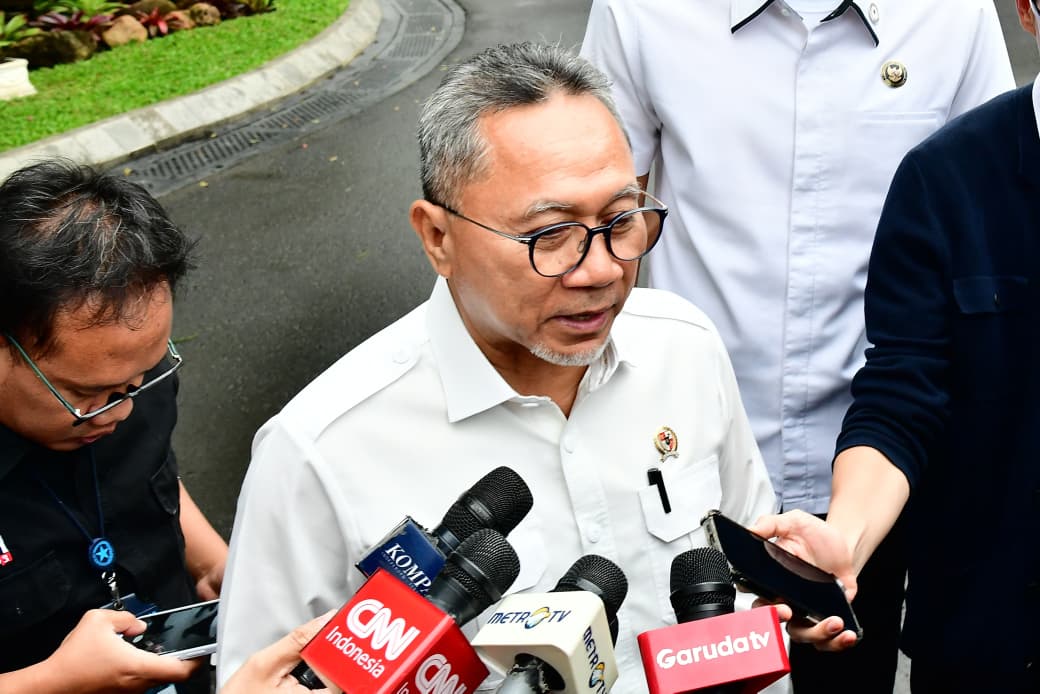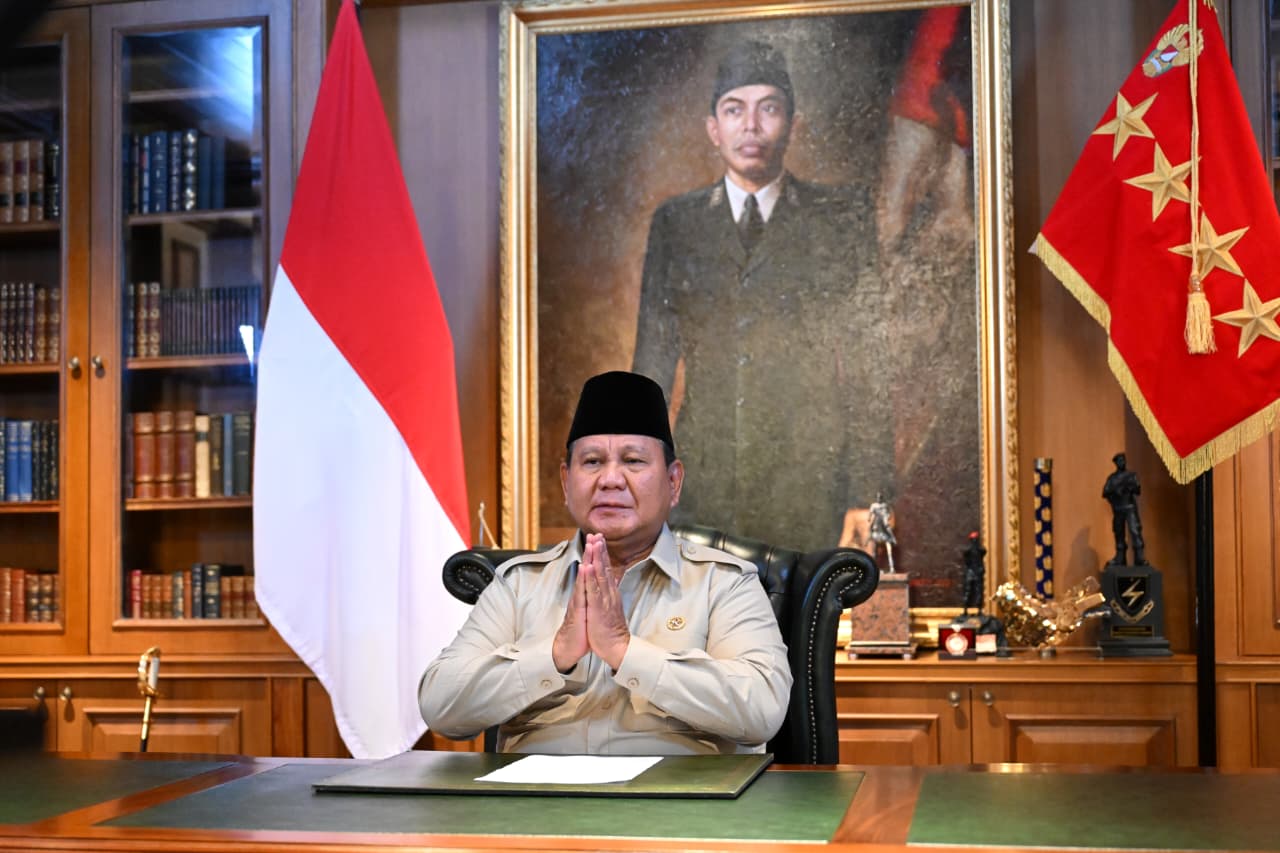Finance Minister: Indonesia’s Financial System Remains Stable in Q4 of 2023

Minister of Finance Sri Mulyani during the Financial System Stability Committee (KSSK) Conference in Jakarta, Tuesday (01/30) (PR of Ministry of Finance)
Minister of Finance Sri Mulyani Indrawati Tuesday (01/30) ensured that Indonesia’s financial system in Q4 of 2023 remained stable amid global economic slowdown and financial market uncertainty.
According to the Minister, 2024 is set to be an essential phase for the sustainability of Indonesia’s economic recovery. She continued that solid economic growth and financial system stability lead to a resilient domestic economy.
“The condition of domestic economy and financial system in 2023 was well maintained and able to support an inclusive and sustainable economic recovery and growth,” she said during the Financial System Stability Committee Conference in Jakarta.
Earlier on Sunday (01/29), Minister of Finance who also serves as Chairperson of the KSSK along with Governor of Bank Indonesia (BI), Head of the Board of Commissioners of the Financial Services Authority (OJK), and Head of the Board of Commissioners of the Deposit Insurance Corporation (LPS) held the first periodic meeting in 2024.
For the record, the result of the meeting serves as a commitment to strengthen coordination and collaboration and improve risk awareness of this year’s global economic slowdown and uncertainty as well as domestic economic conditions and dynamics.
“The world economic growth is slowing down amid uncertainty and widening divergence among countries. In the Global Economic Prospects issued in January 2024, the World Bank predicts that global economic growth will slow down from the previous 3% in 2022 to only 2.6% year on year in 2023, and further decline to 2.4% this year, 2024,” she said.
According to the report, macroeconomic indicators, including inflation, exchange rate of the Indonesian rupiah, and foreign exchange reserves, show stability. These factors are interrelated and crucial for maintaining people’s purchasing power, enhancing export competitiveness, and supporting Indonesia’s economic and financial stability.
The Minister further said that in Q4 of 2023, indicators of resilience in Indonesia’s domestic economic activities are still persisting that are reflected from the continued expansion of the Indonesia’s Manufacturing Purchasing Managers Index (PMI), high growth in electricity consumption in the business and industrial sectors, sustainability of the consumer confidence index, and actual sales index. Thus, the economic growth projection remains at 5%, while the unemployment rate has decreased to 5.32% and the poverty rate has reached 9.36%.
Furthermore, Sri Mulyani went on to say that macroeconomic indicators affirm that Indonesia’s economic fundamentals remain relatively sound, supported by various factors, including appropriate fiscal and monetary policies.
“Consumer consumption activities remain strong, supported by an inflation rate that is relatively under control. A decline in the unemployment rate and active role of the state budget (APBN) in 2023 also serve as a shock absorber that maintains people’s purchasing power. Investment has also shown a strengthening trend, especially since Q1 of 2023. These go hand in hand with the acceleration for completing various national strategic projects,” she remarked. (PR of Ministry of Finance/AIT) (AP/RAS/MMB)








